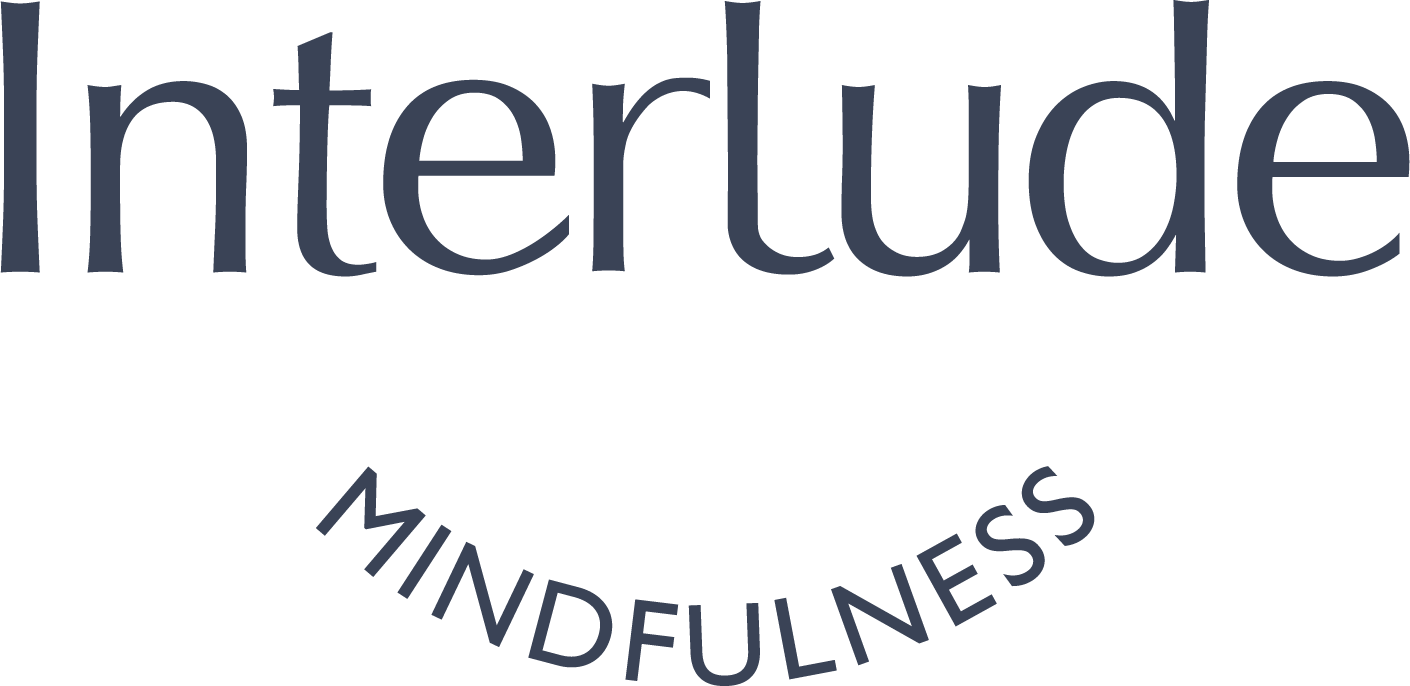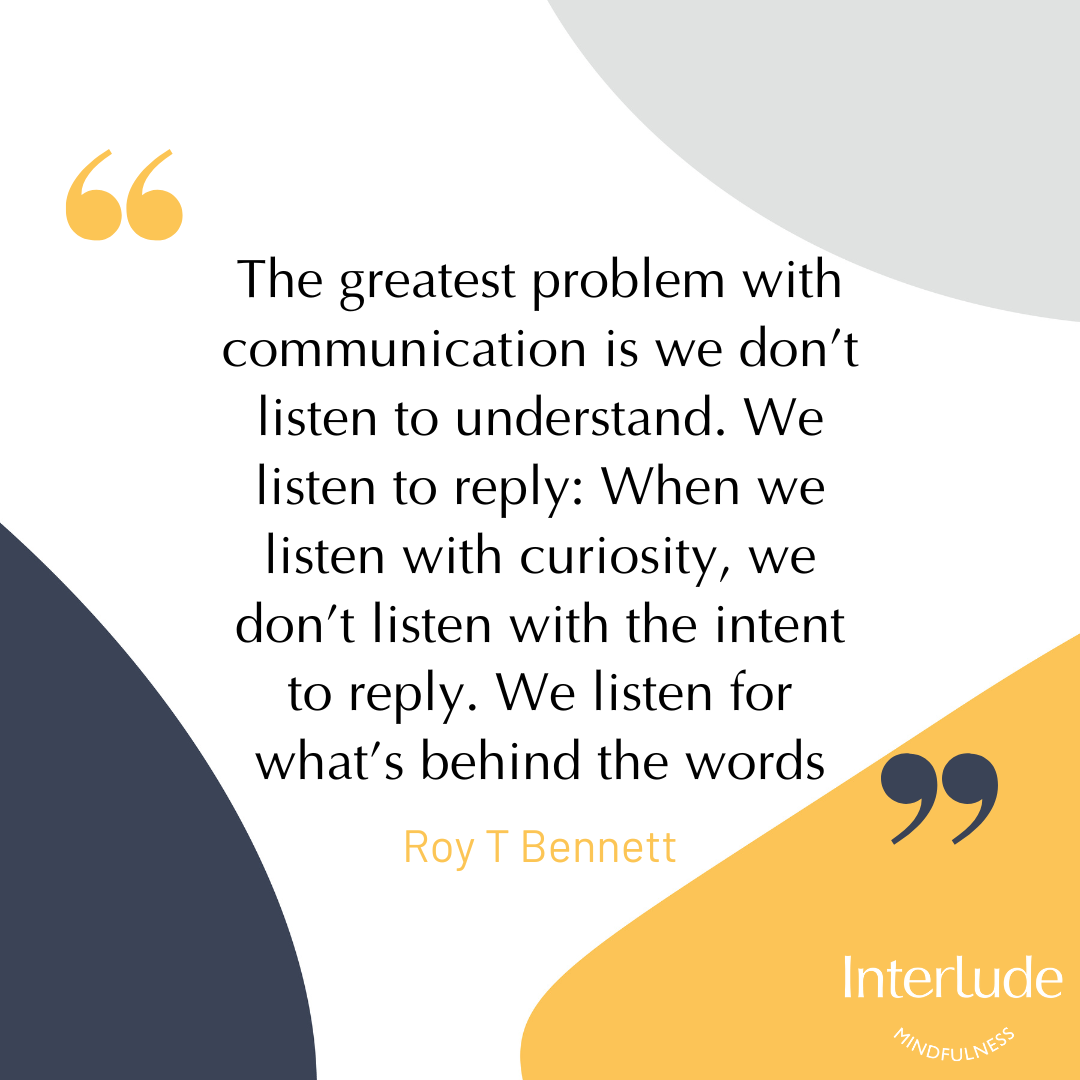5 ways coaches can develop mindful listening
We’ve all had those coaching sessions when the client reels off a barrage of information, key points, ideas, examples etc., and you desperately want to capture it all, or at least the most part, but your brain just can’t retain it. It’s like it goes in one ear and out of the other. You’re constantly forming one response in your mind after another. As a result, your client can end up going down the wrong path, not forming the most appropriate goals, and you can end up thinking your coaching is not working.
In this post, I will talk about what mindful listening is, and why it’s important and share five tips for training your mind to do so that you can develop it and use it in your coaching calls so that you don’t lose focus and you get great results for your clients.
What is mindful listening?
First of all, before I tell you what mindful listening is, I just want to quickly talk about what mindfulness is, as there are so many myths and misunderstandings about it. Once you know what it really is, it’s easier to apply it to listening in your coaching calls.
Mindfulness is a skill which trains your mind to build awareness of what is happening in this moment right now. It means being aware of where your thoughts are, how your body is reacting to those thoughts or simply being aware of what is happening around you. And you learn to do this without judging it.
When you practice mindfulness meditation, you are training your attention muscles so that you can focus for longer periods of time without being distracted. You also become better at noticing when your mind is not where you want it and moving it back. Quickly.
Mindful listening, therefore, is a way of bringing these mindfulness skills into your client conversations.
Mindful listening goes a bit further than active listening because it means tuning into your own mind and body reactions as you listen.
You can learn to listen to your own body and the client with a sense of allowing, non-judgement and acceptance. With this sense of body and mind awareness, you also gain the ability to tune into your intuition.
Why is mindful listening important?
Our minds can be dominated by so many thoughts when we are coaching:
“she’s said this before; we’re going over old ground.”
“I can’t believe she didn’t do what we agreed. This is never going to work.”
“I also remember when my dad took me to the …….”
“This is going so well. I’m doing such a great job! This girl is gonna get some great results!”
“I hope she gives me good feedback.”
“I’m hungry. What shall I have for lunch?”
“I have no idea where to go with this one.”
Is any of the above familiar?
The problem with mind chatter while you’re coaching:
👉 you can quickly lose the conversation thread
👉 you can miss critical key points and end up going down the wrong path.
👉 you might not get the results you both really want.
👉 you harm your relationship and lose their trust.
👉 you can lose your confidence in what you do.
When you bring mindfulness into your client calls, it means listening with full awareness of the person in front of you.
Mindful listening means:
👉 Staying fully focused on this person without the mind drifting off into other things.
👉 Picking up on the words and meaning of what they are saying and the body language they give.
👉 The ability to interpret what they are saying without having your own agenda or opinions getting in the way.
👉 Your client will feel heard. They will appreciate your intention to listen and understand them and their experiences.
👉 Giving them a safe space to share their thoughts and feelings so that they are open to new possibilities
👉 Giving them the understanding and support to choose the right goals.
5 tips for building your mindful listening skills
1. Create a mindfulness habit.
Practicing mindfulness meditation is where the magic really happens. If you want to build the skills to focus more on your clients without distraction, you can train those mind muscles through mindfulness.
When you meditate, you notice when your mind has wandered, and you practice moving your attention back to the focus of attention. It’s like your mind is doing mental push-ups in attention training.
When you apply this to coaching your clients, you can easily notice when your mind has been distracted during your conversation, and you can come back to the present moment without engaging in the thoughts.
If you want to learn how to create a mindfulness habit specifically for your coaching work, then click here to read the blog.
2. Prepare for your client call by meditating.
There is always a lot to think about when you’re running your own business, but this can’t get in the way of your next call. It’s hard to listen if your mind is all over the place, so it’s really important to prepare.
Ideally, you want to give your mind a chance to settle and calm before you start. Spending just a few minutes in meditation before your call will allow you to acknowledge your current worries or to-do’s but also park them for the time being until you are ready to deal with them.
It will also help you let go of any nervousness or stress which could get in the way of you listening with complete focus.
Try this 5-minute meditation I have designed specifically for coaches to get you prepared for your call.
3. Notice when the mind is racing ahead.
When we’re in conversation with someone, it’s very easy to be thinking of our own agenda and the next question we want to ask or share a similar experience we have had. This takes us away from listening, and it becomes about us and our agenda rather than theirs.
If you notice your mind is racing ahead in this way, see if it’s possible to let that go and come back to consciously listening with curiosity to the client speaking. Feeling your feet on the floor, your body on the chair, or your hands on the lap is a simple way to come back to the present moment.
Have trust that the right questions will come and be remembered. You may even find that, given time, your client will answer your questions without you even asking.
4. Be patient
When working with your client, know that you don’t need to fill gaps of silence. For some, silences can feel awkward or intense, and there can be an automatic need to speak. But these spaces can be powerful moments of insight, your client may be mentally processing what has been said, and they may well appreciate you holding the space in this way.
Practising patience during these moments by mentally pausing can also be a helpful way for you to listen to your own internal cues rather than automatically responding. Here you can learn to tap into your own intuition, wisdom and understanding.
Another benefit of silence for you, is the opportunity to come back to the present moment, to feel grounded, calm and present once again during the session. You could do this by simply feeling your feet on the ground or following a mindful breath.
5. Practice
Mindful listening is not an easy skill to learn but it can transform your coaching sessions.
It can take a lot of practice, so why not try this on your family and friends? When they start talking to you, stop what you’re doing, pay full attention and notice when your mind wanders and bring it back. Also, use the breaks in conversation to tune into your own cues. You may find that your personal relationships improve too.
For more regular tips and support on how to become a mindful coach, why not follow me on Linkedin or sign up to my newsletter?


